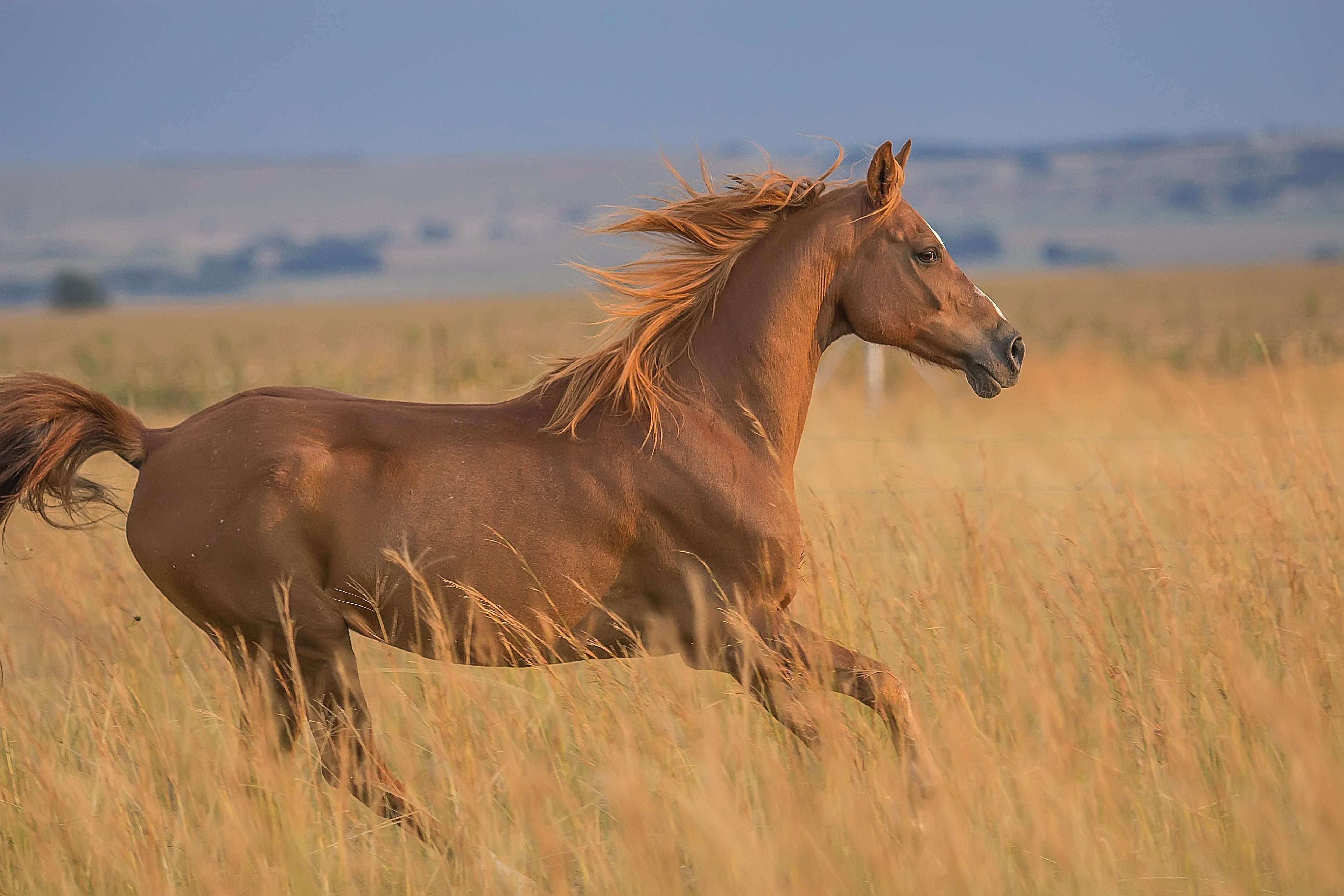
Paso Fino Horses
The Paso Fino horse reflects its Spanish heritage through its proud carriage, grace, and elegance. Originally a combination of Andalusian, Spanish Barb, and the now-extinct Spanish Jennet blood, the Paso Fino was initially brought to the Americas by Spanish Conquistadors who used the horses to stock their remount stations in the Caribbean and Latin American colonies. Centuries of selective breeding produced localized variations of the smooth-gaited horse including the Caballo de Criollo, which flourished initially in Puerto Rico, Colombia, and later in Cuba, Aruba, Venezuela, and the Dominican Republic.
Not until after World War II did awareness of the Paso Fino spread into the United States, when American servicemen began importing them from Puerto Rico and later, Colombia. Today's Paso Fino in the United States represents a blend of the best of the Puerto Rican and Colombian bloodlines. The Paso Fino, which can range in height from 13 to 15.2 hands, is born with a gait unique to the breed that is smooth, rhythmic, purposeful, and synchronous front to rear, which produces a smooth and balanced ride. The Paso Fino exhibits three forward speeds with varying degrees of collection: Classic Fino (full collection and slow forward speed); Paso Corto (full-to-moderate collection and moderate forward speed), and Paso Largo (moderate-tominimal collection and fastest forward speed). Additionally, Paso Finos are capable of executing other gaits natural to horses (including the canter), which makes them versatile, family-oriented horses capable of competing in a wide variety of disciplines and classes, including Western pleasure, trail, pleasure driving, and even team penning and endurance.
